Coronavirus and real estate
What are the effects of the coronavirus on the real estate industry? As COVID-19 sweeps through the country, all businesses are being affected. Real estate is going to take a hit - here's how you can be prepared.
What are the effects of the coronavirus on the real estate industry?
Isn’t it amazing how when the stock market takes a dive, the country starts paying attention? As long as the pandemic is happening to others, in other countries, we sit smugly on social media, parroting what is stated in American media.
“It’s no more dangerous than the seasonal flu.” “Wash your hands and you’ll be fine.” “People who are stocking up on essentials are stupid.”
It is astounding the number of people who allow these myths to lull them into delusion.
For some reason, however, the stock market is our canary in the mine, presenting proof positive that we’re not immune. It may not be appropriate to panic, but it’s a real good idea to deal with reality and make some plans for yourself and your business.
My friends in retail aren’t necessarily buying into a panic mentality, but they are quite concerned. Some have already laid off workers, taking on more hours themselves. One small boutique owner and friend went from thousands of dollars in sales one day to zero the next and the next.
It’s a bit early to feel the effects of the Coronavirus on the real estate industry. “It’s going to take a couple of months to see where this goes,” Miami broker Jill Hertzberg tells The Real Deal’s Katherine Kallergis.
We checked in with agents across the country to get their take on what’s happening now, what they expect in the future and the plans they’ve made to deal with the effects of a pandemic in the U.S.
Take a moment to educate yourself on what to do if you contract COVID-19, and how to protect yourself
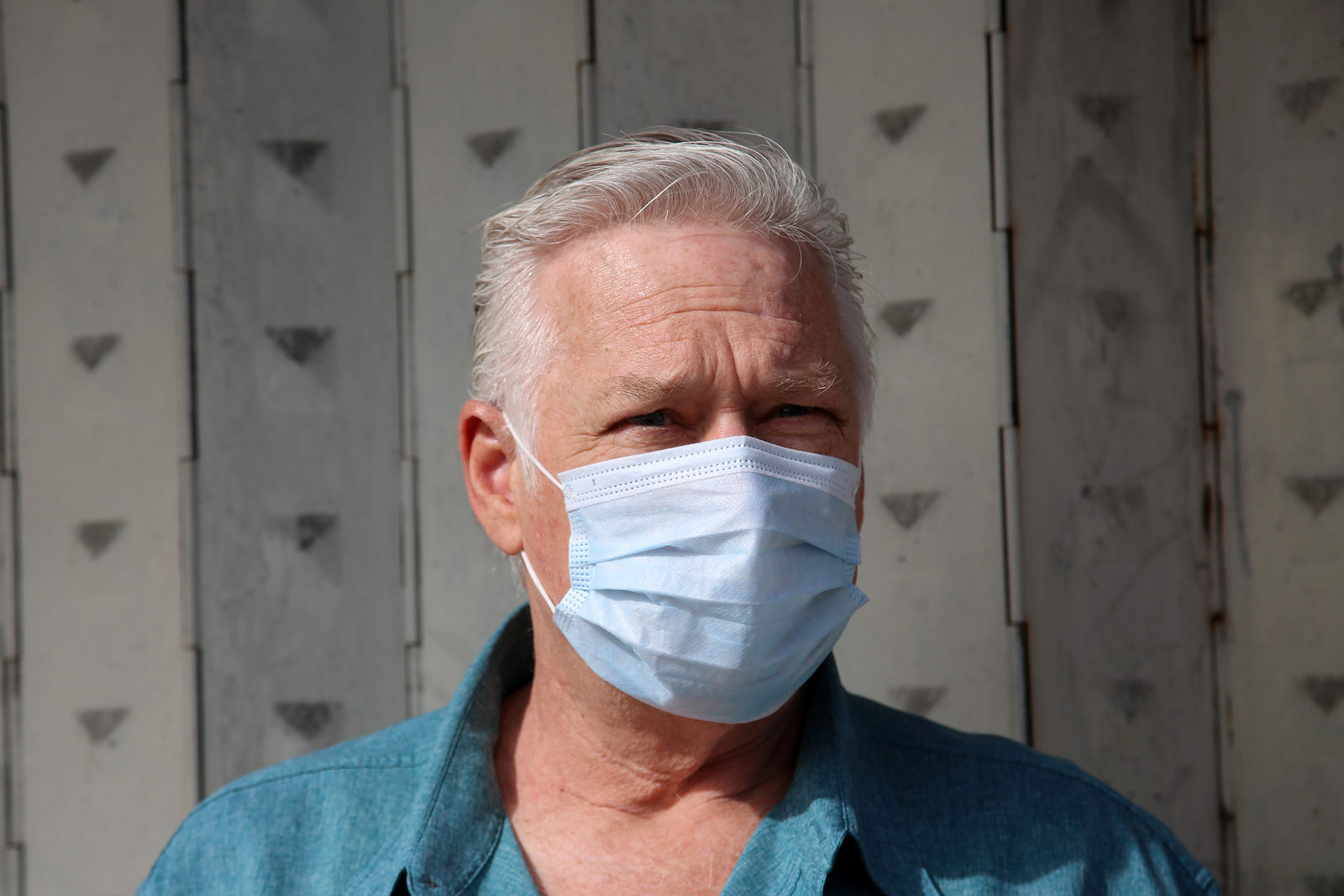
One of our agent friends in Las Vegas says that the “F” word (FORECLOSURES) is top-of-mind among agents and many of her clients. Can you blame them? Sin City was the foreclosure poster child during the Great Recession.
The layoffs in Vegas have already begun. It started with the large resorts closing their buffets. Then, MGM Resorts and the Wynn announced the complete closure of their properties. Other Strip properties are laying off as well.
From line chefs to bussers, tens of thousands of people are no longer working, thus, no longer bringing in a paycheck. That’s no doubt going to trickle down when talking about effects of the Coronavirus on the real estate industry.
San Francisco Eater keeps a running tally of restaurant closures in the City by the Bay and the “Golden Gate Restaurant Association and others are predicting widespread closures in the coming weeks and months,” according to Eater’s Becky Duffett.
Meanwhile, Serena Dye over at New York Eater, reports that “All of the NYC Union Square Hospitality Group businesses will join the list of restaurants that will temporarily close in light of the COVID-19 crisis.”
Then, there are the school closures. While teachers are most likely at least slightly protected by their unions from financial devastation, other school employees may not be so fortunate.
The fear of foreclosures, at its most basic, stems from a simple formula: People losing jobs=No paycheck=Evictions and foreclosures.
One agent we spoke with feels that unless the federal government steps in to offer relief, we may see a replay of the housing crisis of 2008.

Because all real estate is local, and not all markets are feeling the same panic and angst over the virus, this one is a bit tougher to nail down.
Since the announcement of the virus in New York, open house attendance has fallen 27 percent, to “an average of 4.1 people per open-house,” according to Robert Frank at CNBC.com.
Folks in Denver, on the other hand, seem a bit more optimistic. “February was a strong month for Denver’s housing market,” according to Kelsey McClung at 5280.com.
Flash forward to March and “We are likely on the verge of a tipping point where we will see more community spread [of the virus] in the days and weeks ahead,” Colorado Governor Pollis explained.
Fox News interviewed southern Maryland agent Wyevetra Jordan on March 13. She said that sellers are the most concerned. “They’re asking us to take some extra precautions with their homes,” she told FOX 5’s Allison Seymour.
A recent survey by NAR agrees with Wyevetra, finding that 25 percent of home sellers across the country are requesting changes in how their homes are shown to buyers.
“The changes include stopping open houses, requiring potential buyers to wash their hands or use hand sanitizer, asking buyers to remove shoes or wear footies, or other changes,” according to Troy Green at NAR.Realtor.
“Some sellers are actually deciding to not put their homes on the market,” Wyevetra said. “Some of my colleagues have seen a significant drop in their business.”
In Cleveland, agents say that “. . .the effects on the housing market have not yet been fully seen, partly because the new reality is just now setting in for many Ohioans,” according to the Plain Dealer’s Jordyn Grzelewski.
Which is most likely the case across much of the country. Remember, it wasn’t until the stock market tanked that many woke up to the reality that there is a pandemic in the works. The effects of the coronavirus on the real estate industry remain to be seen in many areas.
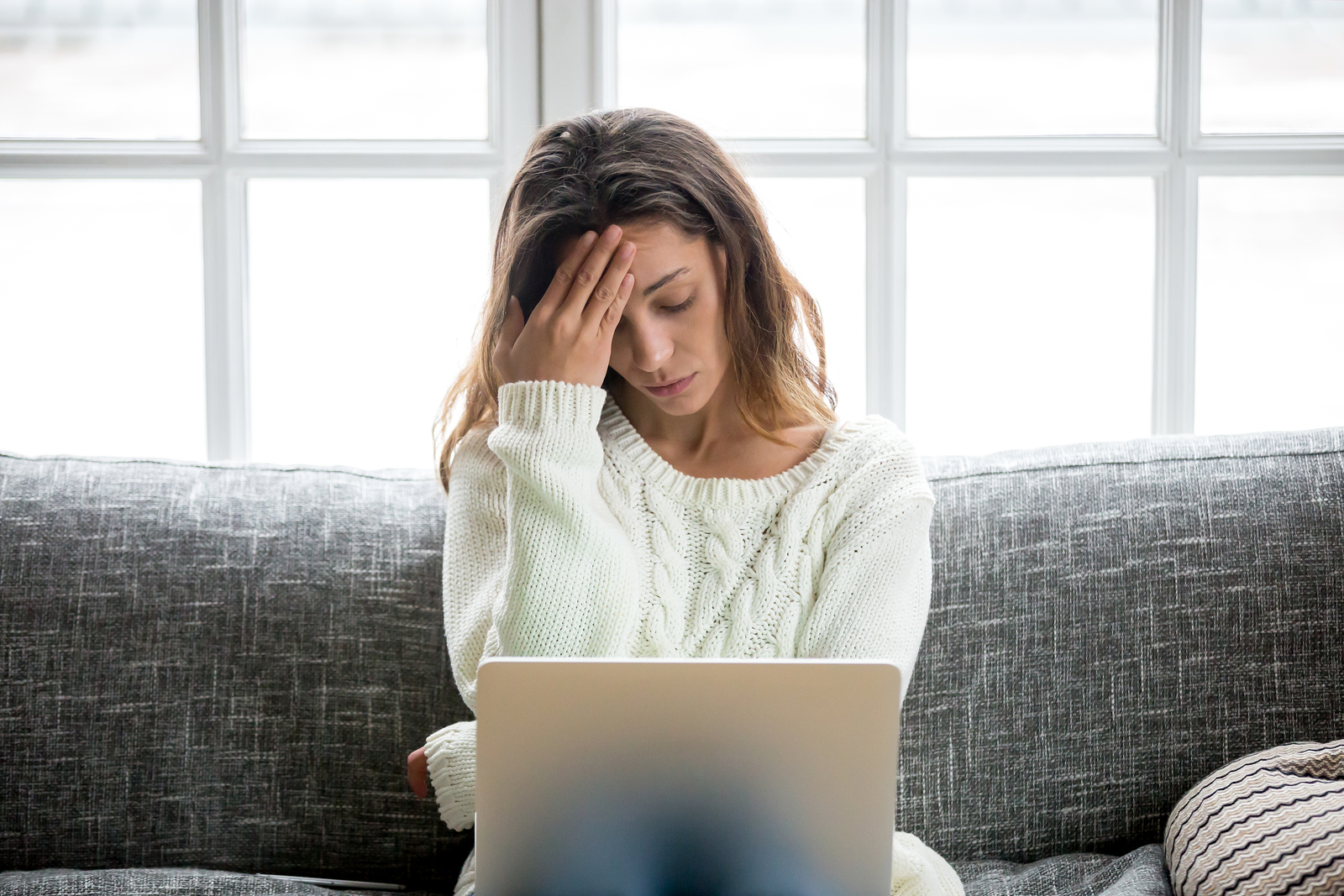
During the housing crash in 2008 and 2009, many agents, entrepreneurs and other small business owners slashed their marketing and advertising budgets.
“. . .the majority of agents pushing pause creates an amazing opportunity for anyone willing to step up and spend more on marketing during this time of decreased competition,” Dustin Brohm claims at HousingWire.com.
“Your competitors are literally sitting on the sidelines until things normalize or until they feel comfortable spending money on marketing again. Should you sit next to them and wait it out?” he asks.
“This is a huge opportunity.”
Clever virtual marketing will win the day here, so give it a try. Here are some tips on how to stay in the game online.
No matter what you choose to do, make sure to do it safely. Wash your hands for at least 20 seconds with soap and hot water, disinfect frequently touched surfaces daily, limit social interactions with others and above all else, stay safe.
Learn more about the risks associated with COVID-19:
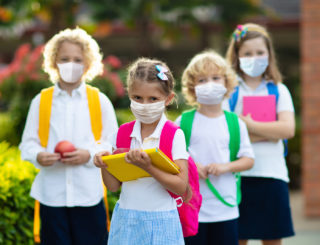
New home builders are seeing a positive spike while renters deal with the aftermath of a financial crisis - Let's take a moment to sift through some of the most important real estate news of the month:
August 4, 2020
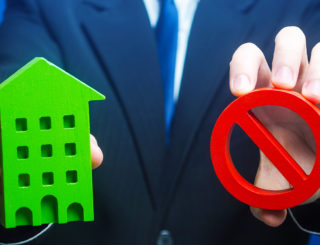
The current real estate market seems to be confusing the “experts.” This is especially evident when it comes to their predictions on where home prices are headed. Zillow’s “economic research team,” for instance, sees a “… 1.8% drop in prices through October 2020.” Both the NAR and Mortgage Banker’s Association, on the other hand, see price increases in their crystal balls (3.8% and 4.0% respectively). Agents we’ve spoken with are more concerned about the tightening inventory that their buyers are facing than price increases or decreases in the future. Right now, they need homes to sell to eager buyers and...
July 7, 2020
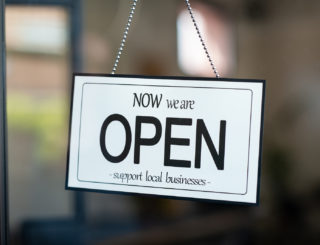
Small businesses have faced some pretty new challenges during the COVID-19 pandemic. If you're a small business owner who's trying to understand the various COVID-19 SBA Programs, read on
May 12, 2020
Let’s boost your lead gen.